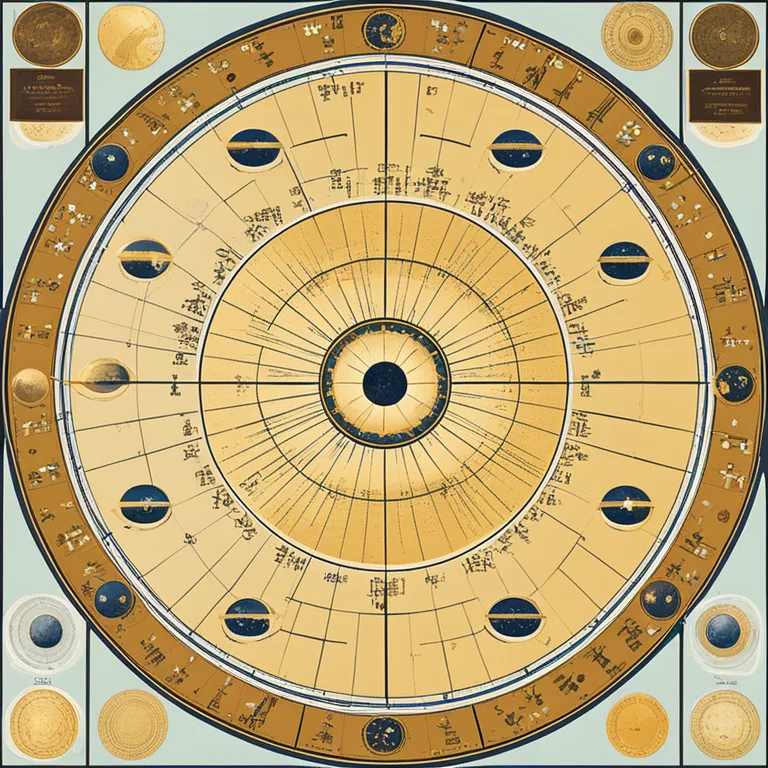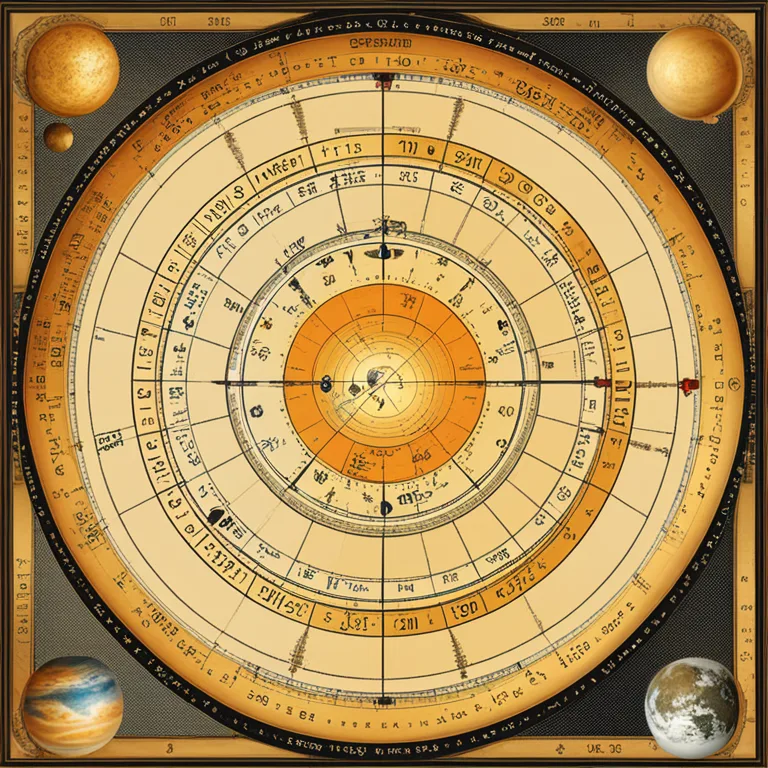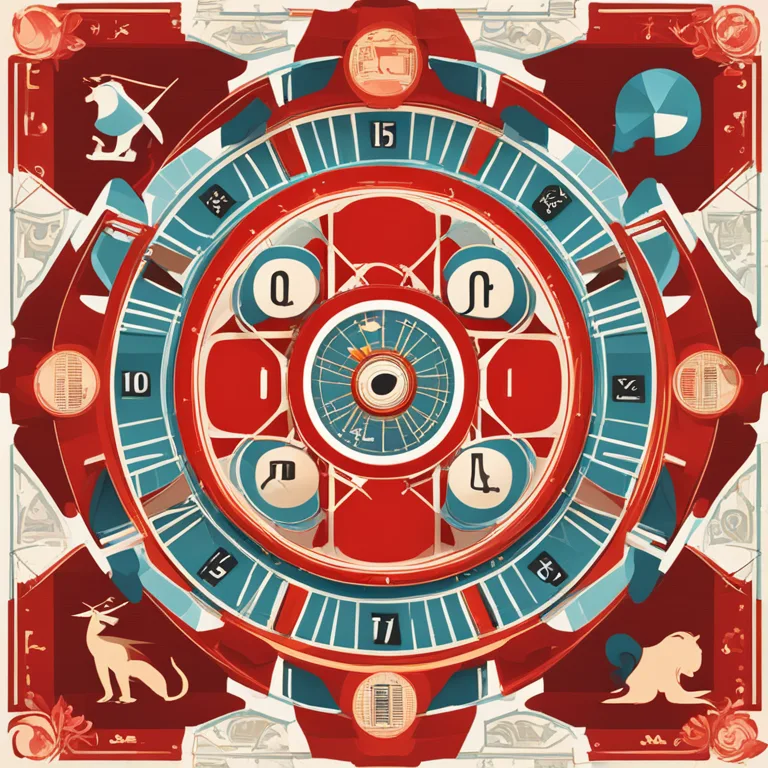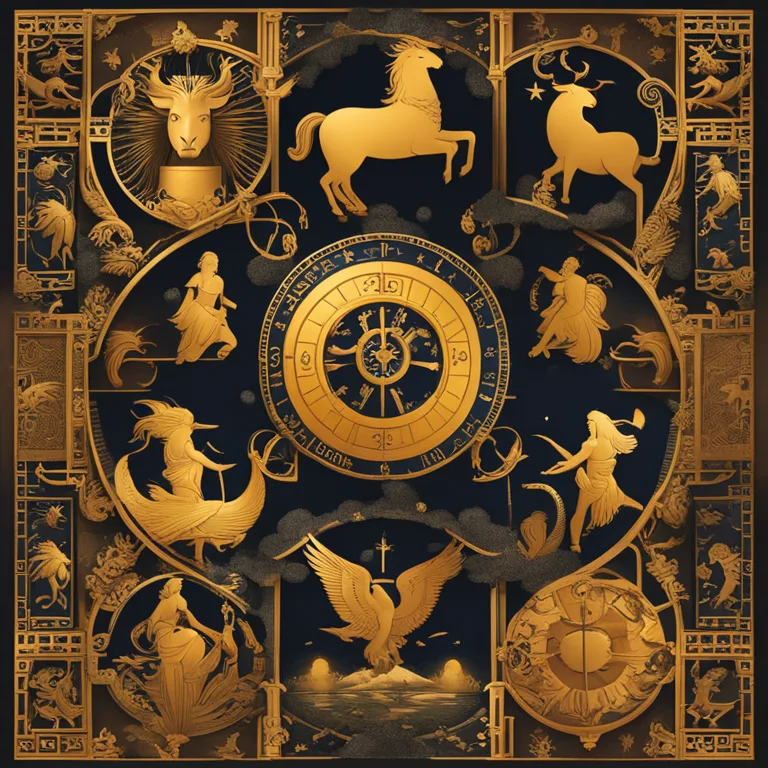
Origins of the Zodiac Signs
Delve into the celestial history and mythological roots of the zodiac signs in astrology.
article by Sofia Ferguson
Ancient Celestial Observations
Since time immemorial, humans have looked to the heavens for guidance, contemplating the mysterious patterns sprinkled across the night sky. The concept of zodiac signs has ancient origins, stretching back to at least the Babylonians, who, over 3,000 years ago, divided the sky into twelve distinct sections. This celestial division was based on the sun’s path throughout the year, known as the ecliptic, through which the sun appears to traverse across the constellations that became the backbone of the zodiac.

Astronomy Meets Mythology
The zodiac signs were more than just markers of celestial time. They also emerged from the fusion of astronomical knowledge and mythology, with each sign corresponding to a constellation, embodying its own stories and symbols. For instance, Aries represents the ram with the golden fleece, a tale steeped in Greek mythology. These stories attributed human traits and behaviors to cosmic phenomena, creating rich narratives that contributed to the zodiac's cultural significance.

Adapting Across Cultures
While the Mesopotamians laid the foundation, other cultures adapted the celestial zodiac for their own purposes. The Greeks and Romans enriched the zodiac with their own gods and heroes, while Vedic astrology offered a different perspective in India. This resulted in a cross-pollination of astrological knowledge, shaping the interpretative science of astrology that we recognize today. As astrology evolved, it absorbed elements from these various traditions, developing a unique identity that has persisted for millennia.

From Constellations to Personal Traits
The zodiac segued from a celestial calendar into a system for predicting personal traits and destinies. Each sign aligns with certain character attributes and moods - a concept that gained traction in Hellenistic astrology. It's within this framework that modern astrology forecasts for 2024 and beyond are made, attempting to provide insight into future events and personal tendencies based on zodiacal positions relative to the Earth.

The Expansion into Horoscopes
Horoscopes further individualize the astrological experience by providing guidance based on a person's exact birth time and place, thus aligning with the cosmic positions at that moment. In providing forecasts into 2024 and beyond, horoscopes take into account ongoing celestial shifts, such as planetary retrogrades and transits, to provide refined insights into one's career, love life, and overall well-being. This personalization has been central to astrology's enduring appeal.
Zodiac Signs in Modern Culture
In the digital age, zodiac signs have found new life, prevalent in social media, dating profiles, and daily conversations. They influence modern relationships and identities, paralleling ancient practices of using the stars to navigate life's uncertainties. The connection between the vast cosmos and personal existence endures, with 2024 horoscopes but the latest iteration of humanity's perpetual dance with the stars.
Published: 12/18/2023
Modified: 12/18/2023
More predictions
Come back here soon to learn more about yourself and your future


Harmony in Matrimony: Star-Crossed Lovers
Explore the intricate connection between astrological compatibility and marital bliss in this enlightening dive into cosmic unions.


Birthdate Compatibility Insights
Discover the significance of birthdates in relationships through the lens of astrology. Learn how the stars might influence love and compatibility.


Physical Compatibility in Relationships
The importance of physical compatibility in romantic partnerships and its impact on relationship longevity.